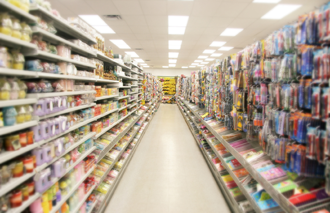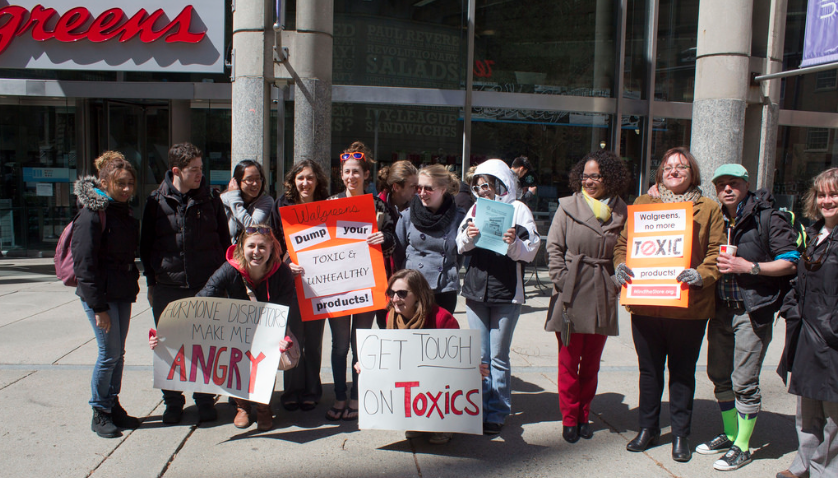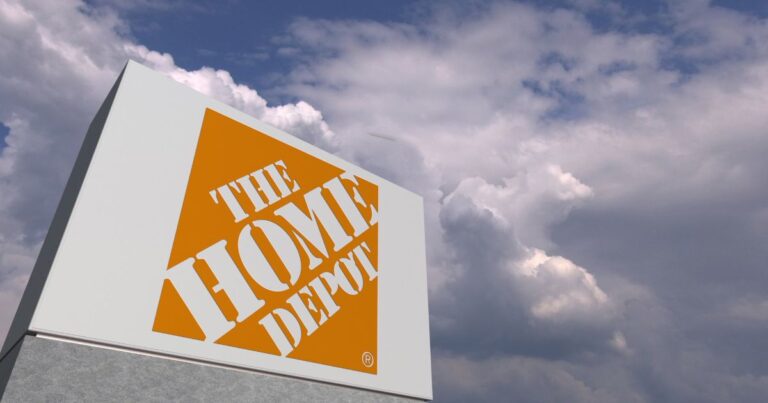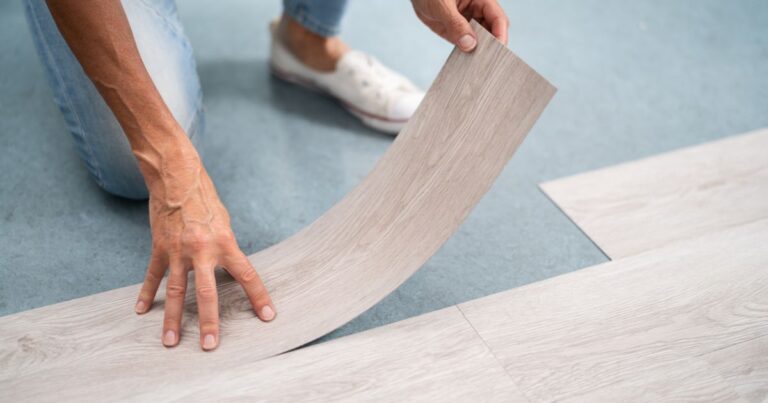I intentionally didn’t title this “How to avoid chemicals completely” because that’s, well … impossible.
We talk a lot about the need to be active and engaged citizens when it comes to tackling toxic chemicals. But at the end of the day, in between calling our members of Congress and asking retailers to phase out toxic chemicals, it’s nice to have some concrete steps we can take in our homes to reduce toxic chemical exposures.
This issue is serious, a new peer-reviewed study found 102 chemicals linked to breast cancer. A few weeks before that, a study found the pesticide chemical Roundup in breast milk. It’s clear the problems around toxic chemicals requires big systemic shifts in the way we do business.
We all know that this work takes time. And a logical question to ask is, what can I do in the meantime?
Here’s my list of top things you can do to reduce your exposure to toxic chemicals.
Avoid vinyl
Vinyl is nicknamed the “poison plastic” for a reason: it is the most toxic plastic on earth, creating health and environmental problems all along its lifecycle. From production, to off-gassing products in our homes, and end-of-life disposal, vinyl is downright nasty. Some harmful chemical additives are pumped into vinyl like hormone-disrupting phthalates and heavy metals. If a product looks or smells like vinyl, skip it. Vinyl is sometimes identified by a #3 recycling symbol.
Find products free of flame retardant chemicals
 Children’s products: Our partners at the Center for Environmental Health have a great website that lists which children’s products are now free of toxic flame retardants. As companies phase out the use of these chemicals, they update the list. (Thank you CEH!)
Children’s products: Our partners at the Center for Environmental Health have a great website that lists which children’s products are now free of toxic flame retardants. As companies phase out the use of these chemicals, they update the list. (Thank you CEH!)
Couches: As of January 2014, couch manufacturers no longer need to use toxic flame retardants in their products. This means the market will take some time to move away from these harmful chemicals. If you’re in the market for a new couch or chair, call the manufacturer directly and ask when they will be free of flame retardant chemicals. Ensure that the product you are buying on the sales room floor hasn’t been there for years and may still contain toxic flame retardants.
Skip canned food, opt for frozen or fresh
The hormone-disrupting chemical bisphenol-A (BPA) is found in many canned goods and is considered our largest exposure pathway. Frozen food is just as nutritionally dense as fresh food, minus the dose of toxic chemicals.
Avoid fragrances, perfumes, musks and colognes (no body spray boys!)
I know you love your perfume (so did I). Men, you’ve been taught to think your body spray brings the ladies. If you care about your reproductive health, I encourage you to phase out using these products. Avoiding fragrance is one of the most simple and effective steps you can take to protect your health from toxic chemicals.
Buy organic when possible
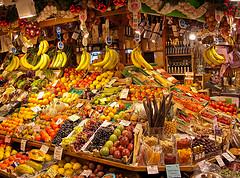
Organic isn’t available to everyone, depending on your income or location. But the good news is reasonably priced farmers markets with organic produce are popping up left and right. Not only do pesticides end up on the food we eat and into our bodies, they are a major concern for the farmers tending the land, migrant farm workers picking the crops, and surrounding communities. In addition, buying organic ensures the vegetables are not genetically modified and has a significant positive environmental impact.
You can read EWG’s list of “Dirty Dozen” fruits and vegetables to prioritize buying organic. Michael Pollan, food journalist and author, said if you can buy one thing organic, pick apples.
Dust and vacuum frequently
Keeping a clean house has benefits beyond being aesthetically pleasing. Dust is a major route of exposure for many of the chemicals we come into contact with everyday. By dusting with microfiber cloths and vacuuming with a HEPA filter, you can reduce your family’s exposures to persistent, nasty chemicals.
Find safer household cleaners
There are some great companies making safer household cleaners, many of which are readily available at your local retailer. Here is some information from Women’s Voices for the Earth on chemicals of concern in cleaners. If you’re on a budget or feeling ambitious, making your own cleaners is fast and effective.
Guide to safer children’s products
Read this simple guide for finding safer products for your children.
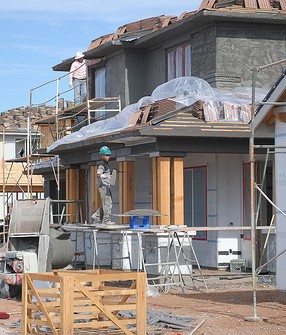
Remodeling? Find safer building materials and home decor
Building materials continue to be one of our biggest routes of exposure to toxic chemicals and can be one of the hardest things to control. One of our esteemed bloggers, Anna Hackman, is considered an expert in the field of safer, less toxic home remodeling and building products. She covers everything from what to look for like low VOC paint — you can read Anna’s suggestions here.
Drink Filtered Water
Investing in a home filtration system, whether it’s $35 or $500, is a simple way to protect your health from toxic chemicals in drinking water. Skip bottled water, which has fewer safety requirements than tap water and creates excessive plastic waste. Fill up a glass or stainless steel water bottle with your filtered tap water and you’ll be good to go.
Use glass food storage containers and stainless steel pans
Making a few simple changes over time in your kitchen can help reduce exposure to toxic chemicals. A study from the Breast Cancer Fund and the Silent Spring Institute found that when families reduce packaged foods, they reduced their BPA levels on average by 60%, in a short three days. If you use glass containers to store your leftovers, you can avoid plastic chemicals leaching into your hot food.
Avoid non-stick pans and opt for cast iron or stainless steel cookware.
Clean up cosmetics
The new Think Dirty app is a great resource for finding safer cosmetics and personal care products.
Advocate for a better system
Overwhelmed? I hope not! This guide is meant to empower you to take simple steps in your home to avoid toxic chemicals. Clearly our system is broken. Don’t forget to get involved in the movement and help us reform our broken chemical system.
Ask retailers to get tough on toxic chemicals!

